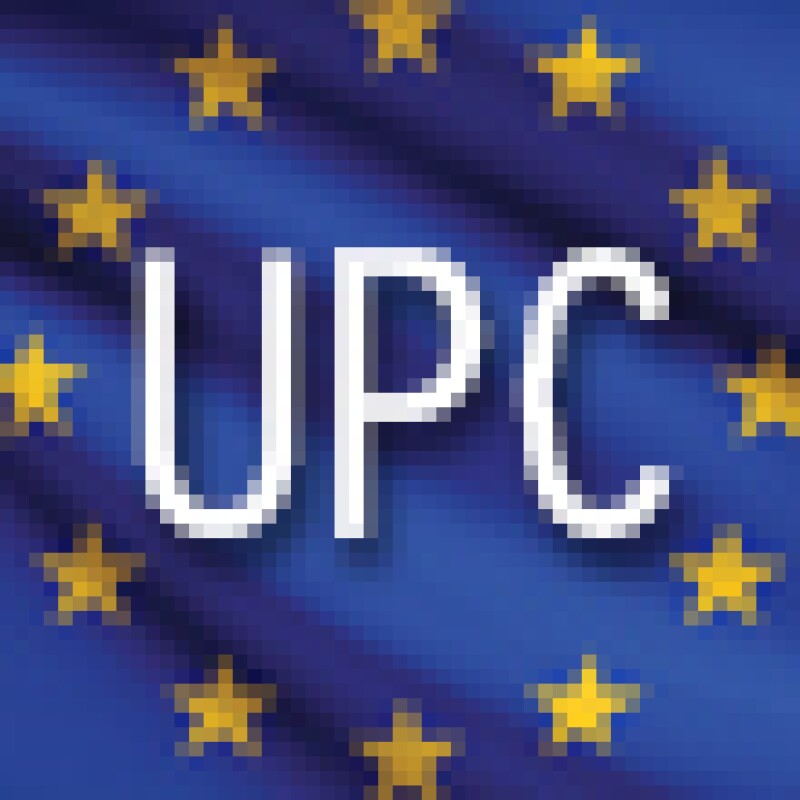Read all about it - the AIPPI Congress News |
Rosenberg was speaking on a panel about early resolution mechanisms for patent disputes (see his presentation slides and read about the workshop on the AIPPI website), and in particular about the problems that arise in Europe when companies want to launch generic products that may infringe originator’s patents.
As is well known, there is no Hatch-Waxman-style patent linkage in the EU, and there is little or no likelihood of it being introduced (see the 2009 EU Sector Inquiry). But, as Rosenberg argued, that means that innovator companies in principle have to wait until a generic product is near to launch before they can sue for infringement: they often have to act without much information about the generic product, or wait to see their market share fall away before they can do anything. Meanwhile, the only way that generics can find out if they are infringing a patent pre-launch is to go to court and seek a declaration of non-infringement or revocation (known as “clearing the way”).
The upshot, especially when you bear in mind that litigation can often take place in several of the EU’s 28 countries, is uncertainty and costly litigation – and arguably the only beneficiaries are lawyers (my words, not Rosenberg’s).
Building on 8+2+1

|
David Rosenberg, GSK |
Rosenberg's remedy to the problem, which he floated in Toronto, is based on the existing 8+2+1 data exclusivity regime in the EU. This provides originator companies with eight years of data exclusivity following marketing approval (during which generics cannot use clinical trial data), followed by two years of market exclusivity (during which they can apply for authorisation, but not market a drug). There is a further one year of protection available in special circumstances.
His suggestion – as I understand it – is that generics should have to publish full details of their application at the eight-year point, at which stage the originator can decide if it wants to sue for infringement. This gives a two-year window before a product can be launched, which should be plenty of time for most courts to give a first-instance decision.
The virtues of this approach are that it provides certainty for both sides before generic launch; the innovator’s patent is not infringed (so there is no damage caused); and the generic’s market entry is not delayed (assuming there is a decision within two years). The other argument in its favour surely is that it would be logical once the proposed Unified Patent Court is in operation: at the moment litigation can take place in each of the EU member states, even where drugs are approved by the EMEA. Under the UPC, the dispute could be streamlined.
|
|
Will the UPC be good or bad for pharma litigation? |
Cross-undertakings and third parties
Rosenberg’s second point concerns what he describes as the “emerging issue” of the extension of cross-undertakings in favour of generics. This is another topic of particular concern in the EU, where it is generally governments (via national health providers) who pay for drugs. It arises from the undertakings that originator companies are often required to make when seeking a preliminary injunction.
Say, hypothetically, Big Pharma makes €100 per day on the sale of a drug, but Plucky Generic could sell its version and make €40 a day. If it is granted a preliminary injunction for patent infringement but loses at trial, Big Pharma would have to compensate Plucky Generic €40 for every day that an injunction lasted. That’s fair enough, and Big Pharma would normally give such an undertaking at the PI stage. But now consider that the government has been paying the higher price for the duration of the injunction: in other words, €60 more than it should have been. Should the government (or other third parties who have paid for the drugs) also be able to claim from Big Pharma?
That’s a question I’ve heard several IP lawyers ask. Even though it’s not been properly addressed by the courts yet Rosenberg says it has been raised in the UK and Australia and in the proposed Korean patent linkage system (presented by Young Kim of Kim & Chang at AIPPI). Moreover, there is speculation that governments might be more willing to seek such compensation in these times of austerity and budget pressure.
Understandably, the pharma industry is concerned about the “huge (and unpredictable) exposure” as Rosenberg put it and the disincentive to seek injunctions that such a ruling would bring, particularly when you bear in mind the size of the market that would be covered by an injunction granted by the UPC (once it is in operation). There’s also a point of principle raised: why should governments get the upside of a cross-undertaking when they do not have the downside of paying for litigation?
I’m sure Rosenberg would concede that he brings a particular perspective to the question of early dispute mechanisms, and it’s one that generic companies, for example, might not wholly share. But he seems to have identified a couple of issues that would benefit from further discussion and comment. We’d be interested to know what readers have to say in response.










